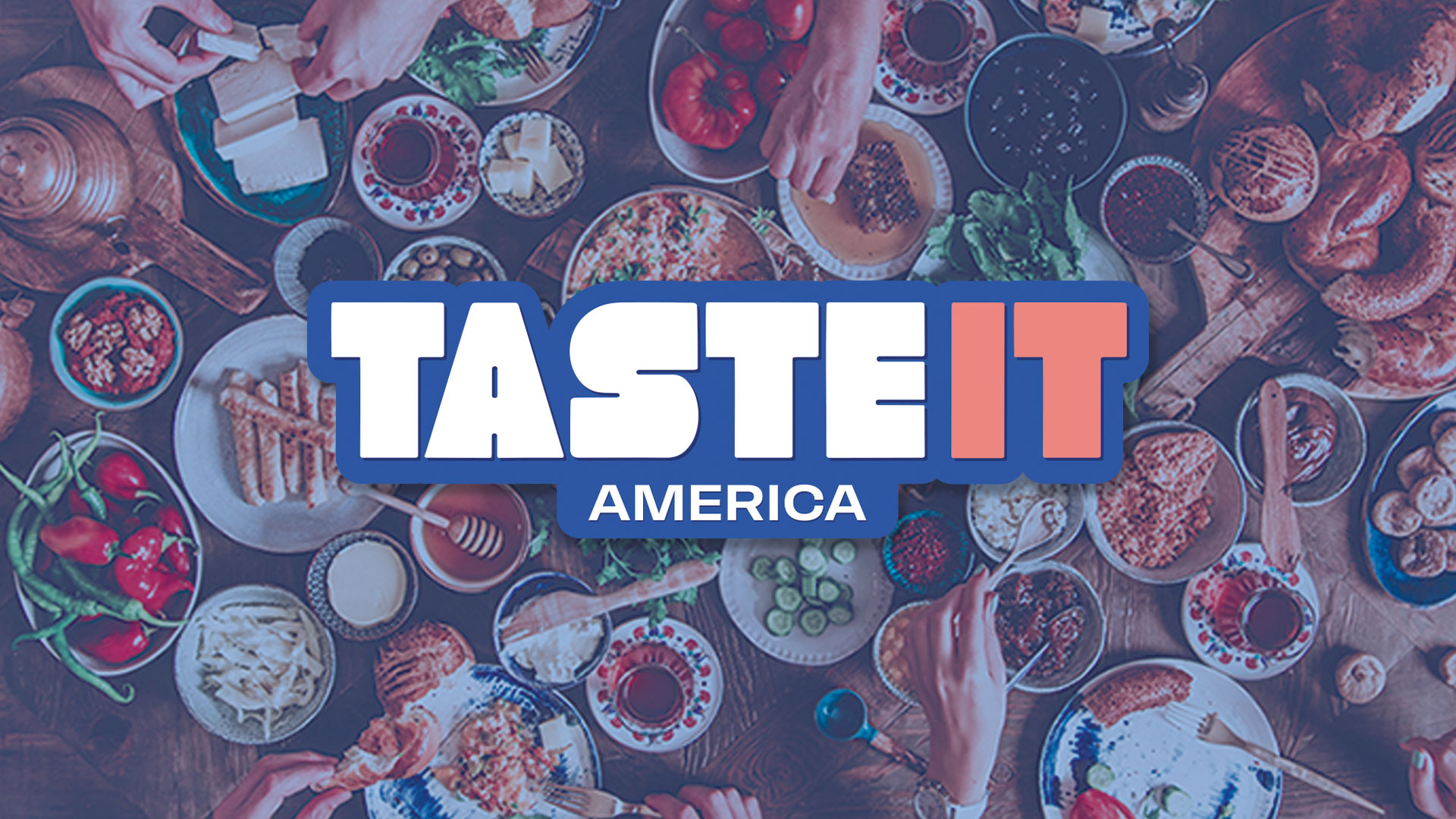Amos Miller could not be blamed for wishing it were last year. That’s when he was a star in the middle of a campaign that helped deliver Pennsylvania to President Trump, when his views about raw milk were being promoted by RFK Jr. and Republican Rep. Thomas Massie, and his public fundraising had reached $315,929 by 2024’s fourth quarter.
Miller and Miller’s Organic Farm did win a significant victory in the early days of 2025. A State Appellate Court ruled that the Pennsylvania Department of Agriculture does not have the authority to stop Miller from exporting unpasteurized raw milk to other states. Raw milk sales are just one of the food safety points Miller is arguing in court.
But since early this year, it’s easy to see how the Amish farmer might feel let down. His supporters still have a public funding total of $800,000. But last year’s gusher has turned into more of a trickle this year. According to the fundraising service GiveSendGo, no more than $3,598 has been contributed for Amos Miller as of June 9.
“Amos Miller Under Attack AGAIN” is the headline on his GiveSendGo website. 2024 included one event after another that helped boost fundraising for Amos Miller. It began on Jan. 4, 2024, when the Pennsylvania Department of Agriculture served Miller with a search warrant. Because State Police were on the scene to provide security for the PDA staff, Miller’s supporters called it a “raid.”
From court appearances to presidential politics, the year accelerated from there. There were food safety twists and turns. From the search warrant for Miller’s Organic Farm, Pennsylvania, Miller was named in a civil action seeking to bring his business under state licensing.
The state civil case isn’t Miller’s first rodeo. From 2016 to mid-2023, Miller was in federal court over his compliance with federal food safety laws and procedures, including meat regulations. Federal laboratories linked his raw milk to Listeria bacteria responsible for at least one death. Miller engaged attorney Robert Barnes of Los Angeles in 2022. About one year later, Barnes signed a settlement agreement with federal attorneys.
Miller’s fundraising skills were developed during those six and one-half years of federal court exposure. He raised more during that longer time than during the past two years.
At the heart of the state’s civil action is the question Judge Thomas Sponaugle asked a year ago: Why doesn’t Miller get a permit, just like every other Amish farmer in the county and commonwealth does if they want to sell raw milk? Barnes says if he obtained permits, Miller could not sell his other raw milk products, such as butter, soft cheeses, kefir, and colostrum — the first substance mammary glands produce after birth — because Pennsylvania doesn’t allow those sales, only hard cheeses.
Those products that Pennsylvania does not permit must be crucial to the Amos Miller Organic Farm. It encourages prospective customers to join its Private Member Association and supports local Co-Ops and Food Clubs. Thousands are reportedly in his customer base.
Because the State Appellate Court allows Miller to fulfill orders outside Pennsylvania, his business is not as harmed as it might have been while waiting for the Lancaster County Court to rule on the underlying case. The State Appellate Court ruling came in spite of federal law, which bans the interstate sale of unpasteurized milk.
Although Pennsylvania has more than 100 licensed raw milk dairies, the court found its state raw milk law ambiguous regarding the ability to regulate out-of-state sales. That law will remain too ambiguous until amended by the Pennsylvania General Assembly, which remains in session at this time.
The state preliminary injunction imposed in March 2024, without restrictions on out-of-state sales, remains in place. Miller’s farm, located in Upper Leacock Township, is prohibited from selling raw milk and raw milk products inside Pennsylvania’s borders. That order stems from the possible linkage of illnesses to Miller’s raw eggnog and PDA’s demand that Miller obtain the required licenses and permits to produce and sell raw milk and raw milk products in the state.
(To sign up for a free subscription to Food Safety News, click here.)


